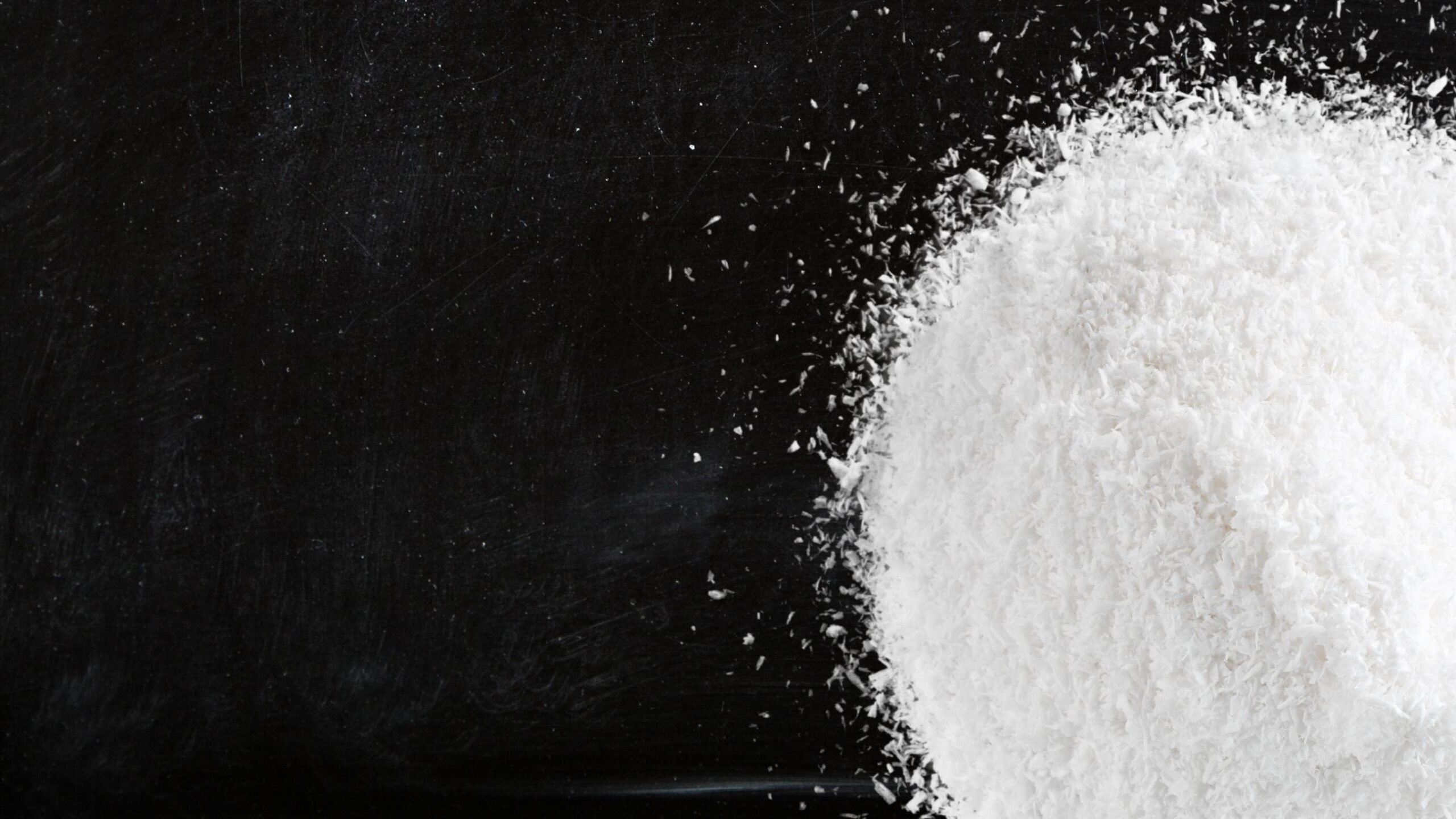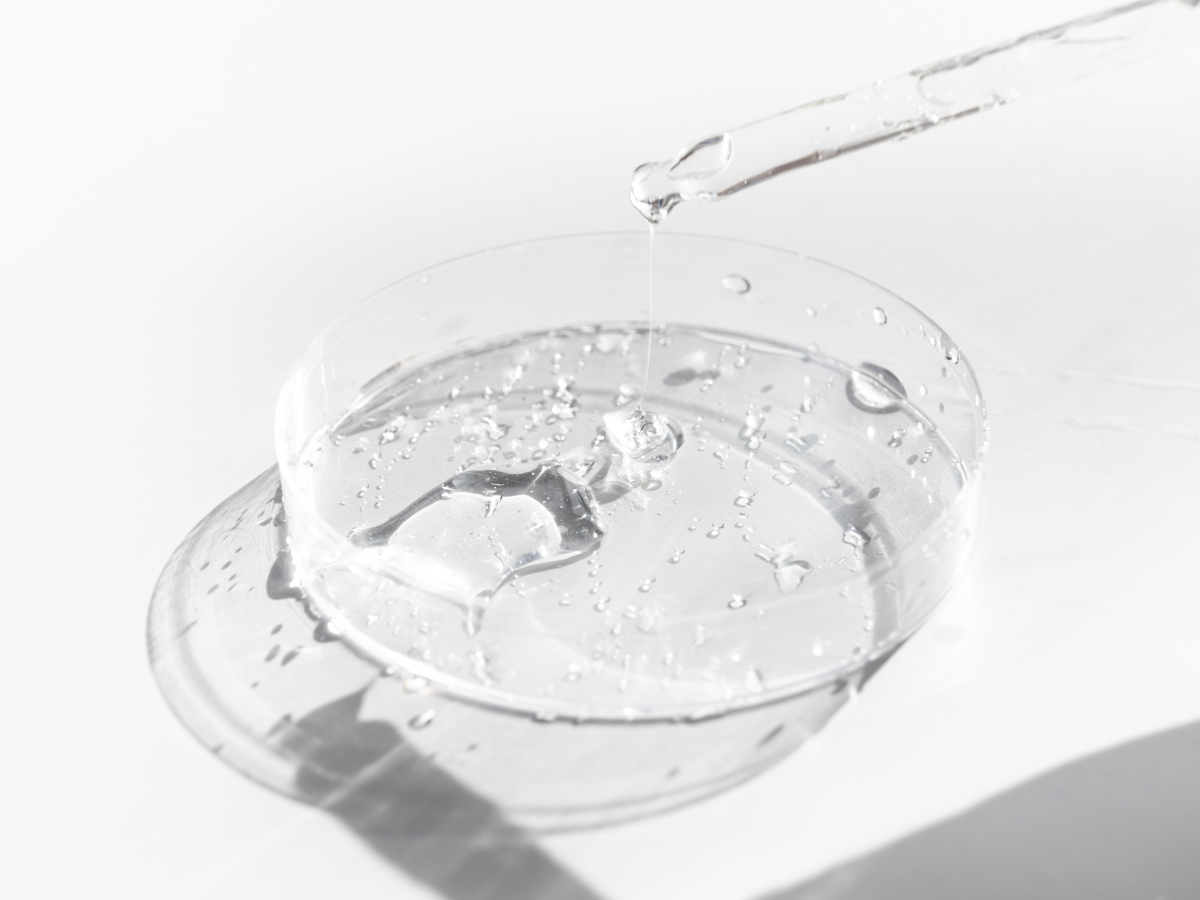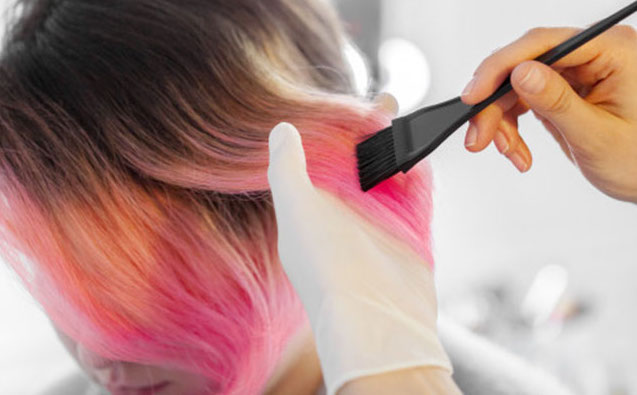TITANIUM DIOXIDE AS AN INGREDIENT AND ITS USE
Titanium Dioxide is a naturally occurring mineral that is mined from the earth and further processed and purified for use in consumer products. In cosmetics and personal care products, Titanium Dioxide is used as a colourant, opacifying, UV absorber and UV filter. When used as a colourant in the European Union (EU), the INCI name CI 77891 must be used.
According to the European Regulation (EC) No 1223/2009, Titanium Dioxide is included in the list of UV filters allowed in cosmetic products (Annex VI) and in the list of colourants allowed in cosmetic products (Annex IV).
Titanium Dioxide, in its nano-form, is also an approved cosmetic ingredient, if used as an UV filter (included in Annex VI of the Cosmetics Regulation) in sunscreen products. The European Commission’s Scientific Committee on Consumer Safety (SCCS) has evaluated the use of Titanium Dioxide nanoparticles and concluded it was safe as an UV filter when used up to 25% in sunscreens. Nevertheless, it can not be use in applications that may lead to inhalation exposure of the consumer.
On one of its opinions (SCCS/1617/20), the SCCS concluded that the use of pigmentary Titanium Dioxide (up to a concentration of 25%) is not safe for consumers or hairdressers when used in typical hair styling aerosol spray products. This ingredient, up to the same concentration, was regarded as safe for the consumer when used in loose powders in typical face make-up application.
The U.S. Food and Drug Administration (FDA) lists Titanium Dioxide as a colour additive used in colouring products, including cosmetics and personal care products applied to the lips and the eye area, provided it meets certain specifications. Titanium Dioxide is also an approved colourant for food, drugs and medical devices. FDA includes Titanium Dioxide on its list of indirect food additives.
Titanium Dioxide is also used as a food colour (E 171) in the European Union (EU). Fine bakery wares, soups, broths, salads and sauces are the main categories contributing to consumers’ dietary exposure of Titanium Dioxide.
EFSA’S RECENT OPINION ON TITANIUM DIOXIDE AS A FOOD ADDITIVE
After reviewing all the relevant available scientific evidence, the European Food Safety Authority (EFSA) recently published a new opinion on Titanium Dioxide (E 171) as a food additive, which updated a previous opinion issued in 2016. The available new literature included data obtained with Titanium Dioxide nanoparticles and data from an extended one-generation reproductive toxicity study. The Panel highlighted the uncertainty around the characterization of the material when used as food additive, in particular with respect to particle size and particle size distribution of Titanium Dioxide used as E 171.
The evidence for general toxic effects was not conclusive, but a concern for genotoxicity of Titanium Dioxide particles could not be ruled out. There was no clear correlation observed between the physico-chemical properties of Titanium Dioxide particles and the results of genotoxicity assays (in vitro and in vivo).
EFSA could not establish a safe level for daily intake as a food additive. Therefore, the Panel concluded that E 171 can no longer be considered as safe when used as a food additive.
Risk managers (i.e., the European Commission, Member States) will use EFSA’s scientific advice to inform any decisions they take on possible regulatory actions, in order to ensure consumers’ protection.
This evaluation was made regarding the risks of Titanium Dioxide as a food additive, and not related to other uses. Which means that the use of Titanium Dioxide in cosmetic product is still regarded as safe, provided it is used under the conditions established under the European Cosmetics Regulation.
References:
- Regulation (EC) No 1223/2009 of the European Parliament and of the Council of 30 November 2009 on cosmetic products.
- European Food Safety Authority (EFSA) Panel on Food Additives and Flavourings (FAF). Safety assessment of titanium dioxide (E171) as a food additive. March 2021. Available at: https://www.efsa.europa.eu/en/efsajournal/pub/6585
- European Food Safety Authority (EFSA) i Panel on Food Additives and Nutrient Sources added to Food (ANS). Re-evaluation of titanium dioxide (E 171) as a food additive. June 2016. Available at: https://www.efsa.europa.eu/en/efsajournal/pub/4545
- Scientific Committee on Consumer Safety (SCCS). Opinion on Titanium Dioxide (TiO2) used in cosmetic products that lead to exposure by inhalation. Available at: https://ec.europa.eu/health/sites/default/files/scientific_committees/consumer_safety/docs/sccs_o_238.pdf















